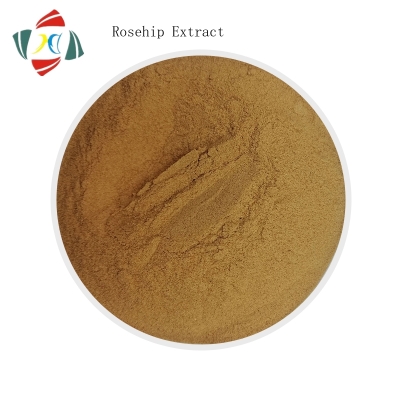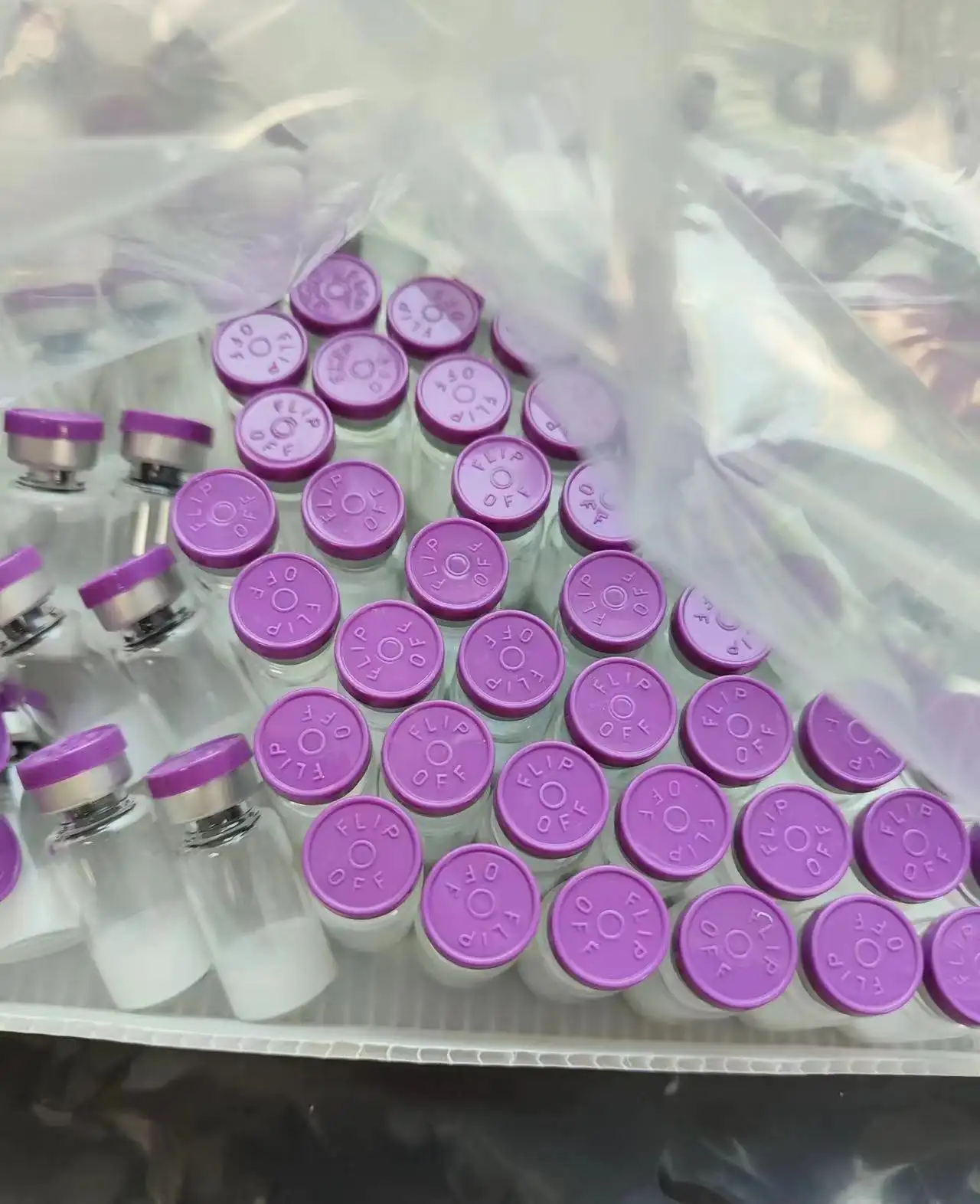-
Categories
-
Pharmaceutical Intermediates
-
Active Pharmaceutical Ingredients
-
Food Additives
- Industrial Coatings
- Agrochemicals
- Dyes and Pigments
- Surfactant
- Flavors and Fragrances
- Chemical Reagents
- Catalyst and Auxiliary
- Natural Products
- Inorganic Chemistry
-
Organic Chemistry
-
Biochemical Engineering
- Analytical Chemistry
- Cosmetic Ingredient
-
Pharmaceutical Intermediates
Promotion
ECHEMI Mall
Wholesale
Weekly Price
Exhibition
News
-
Trade Service
AuthorHu Xiaohua Caloric Restriction (CR) diet can promote longevity, but studies in mice have found that reducing calorie intake by 40% can extend the life of mice, but the risk of virus and parasite infection It will also increase, and researchers have found that this side effect may be due to impaired immune function [1]
.
So, what is the effect of CR on human immune function? It's not clear
.
In 2011, researchers conducted a clinical trial called CALERIE (Comprehensive Assessment of Long-term Effects of Reducing Intake of Energy) to evaluate the effects of a long-term moderate CR diet on indicators such as human health and aging markers [2]
.
In this study, although the subjects' average caloric intake was reduced by only 14% (lower than the 25%-40% in animal studies), their blood levels of lymphocytes and inflammatory factors were reduced [2]
.
This experimental phenomenon suggests that a moderate CR diet can not only delay the aging of the body, but also may delay the aging of the immune system
.
But this scientific conjecture was not confirmed at the time
.
A few days ago, a research team led by VD Dixit from the Department of Pathology at Yale University published a research article entitled Caloric restriction in humans reveals immunometabolic regulators of health span in Science.
They found that a long-term moderate CR diet would enhance the function of the immune system.
Promote the body's immune homeostasis, and they found that the phospholipase PLA2G7 may play an important role in this
.
To explore the effect of a long-term moderate CR diet on the immune system, the authors performed quantitative analysis of MRI (magnetic resonance imaging) and sjTERCs (to target newly generated T cells in the thymus) of CALERIE participants, and the results showed the thymus weight of the CR group.
and size were increased, as was the generation of CD8+ and CD4+ T cells, suggesting that a long-term moderate CR diet may enhance thymus function by activating tissue-protective immunometabolism
.
Considering that CALERIE participants have reduced fat weight [2] and that the adipose tissue-resident immune system can modulate systemic inflammatory responses, the authors performed transcriptomic analysis of adipose biopsies from CALERIE participants, and the results showed that CR activates human inflammatory responses.
Anti-inflammatory pathways did improve adipose tissue metabolism, but CR did not appear to trigger adaptive thermogenesis and browning of adipose tissue
.
Several pro-inflammatory-like genes and a large number of genes with unknown functions in immune cells were down-regulated in the CR group.
Among them, PLA2G7 was one of the six most significantly down-regulated genes
.
PLA2G7 is a phospholipase secreted by macrophages and belongs to the VII A platelet activating factor acetylhydrolase family.
Its main function is to degrade platelet activating factor and degrade OxPAPC to generate LysoPC [3], and OxPAPC will regulate the activation of inflammasomes.
.
To explore the relationship between PLA2G7 and inflammation, the authors constructed pla2g7 KO mice
.
The authors found that pla2g7 KO mice gained less body weight on a high-fat diet than WT mice, and further studies found that their fat lipolysis and energy expenditure were higher than those of WT mice, and their in vivo IL-1b, caspase- 1 and the levels of inflammatory factors IL-6, IL-12, and TNFα were also reduced, and these results collectively suggest that knockout of PLA2G7 improves the metabolic phenotype and reduces systemic inflammatory responses in mice
.
In the process of aging, chronic systemic inflammation and the activation of inflammasomes are closely related to the functional decline caused by aging
.
The authors found that 24-month-old pla2g7 KO mice had lower levels of inflammatory factors such as IL-6, IL-1b, and TNFα than WT mice of the same age
.
Furthermore, the authors found that the anti-inflammatory effect of PLA2G7 was specific to Ceramide but not other NLRP3 activators, which is consistent with the function of PLA2G7 in lipid metabolism
.
Finally, the authors found that deletion of PLA2G7 could mimic the changes in immune function of the CR diet
.
Taken together, despite previous mouse trials suggesting that the CR diet may suppress the activity of the immune system, the research team's work suggests that a moderately calorie-restricted diet can be beneficial for the human immune system
.
At the same time, this finding also provides a new mechanistic explanation for the promotion of longevity by calorie-restricted diets
.
It is worth mentioning that the same period of Science also invited Timothy W.
Rhoads and Rozalyn M.
Anderson from the Department of Medicine of the University of Wisconsin-Madison to write a review article, and they gave high praise to the mechanism exploration based on clinical trials.
This work is a nice example of what can be gained by focusing on the mechanisms underlying the beneficial effects of CR
.
Link to the original text: https:// Publisher: Eleven References 1.
TL Kirkwood, P.
Kapahi, DP Shanley, J.
Anat.
197, 587–590 (2000 )
.
2.
J.
Rochon et al.
, J.
Gerontol.
A Biol.
Sci.
Med.
Sci.
66, 97–108 (2011).
3.
Reprinted in DM Stafforini, Cardiovasc.
Drugs Ther.
23, 73–83 (2009) Notice [Original Article] BioArt's original articles are welcome to forward and share.
Reprinting is prohibited without permission.
The copyright of all published works is owned by BioArt
.
BioArt reserves all legal rights and violators will be held accountable
.







